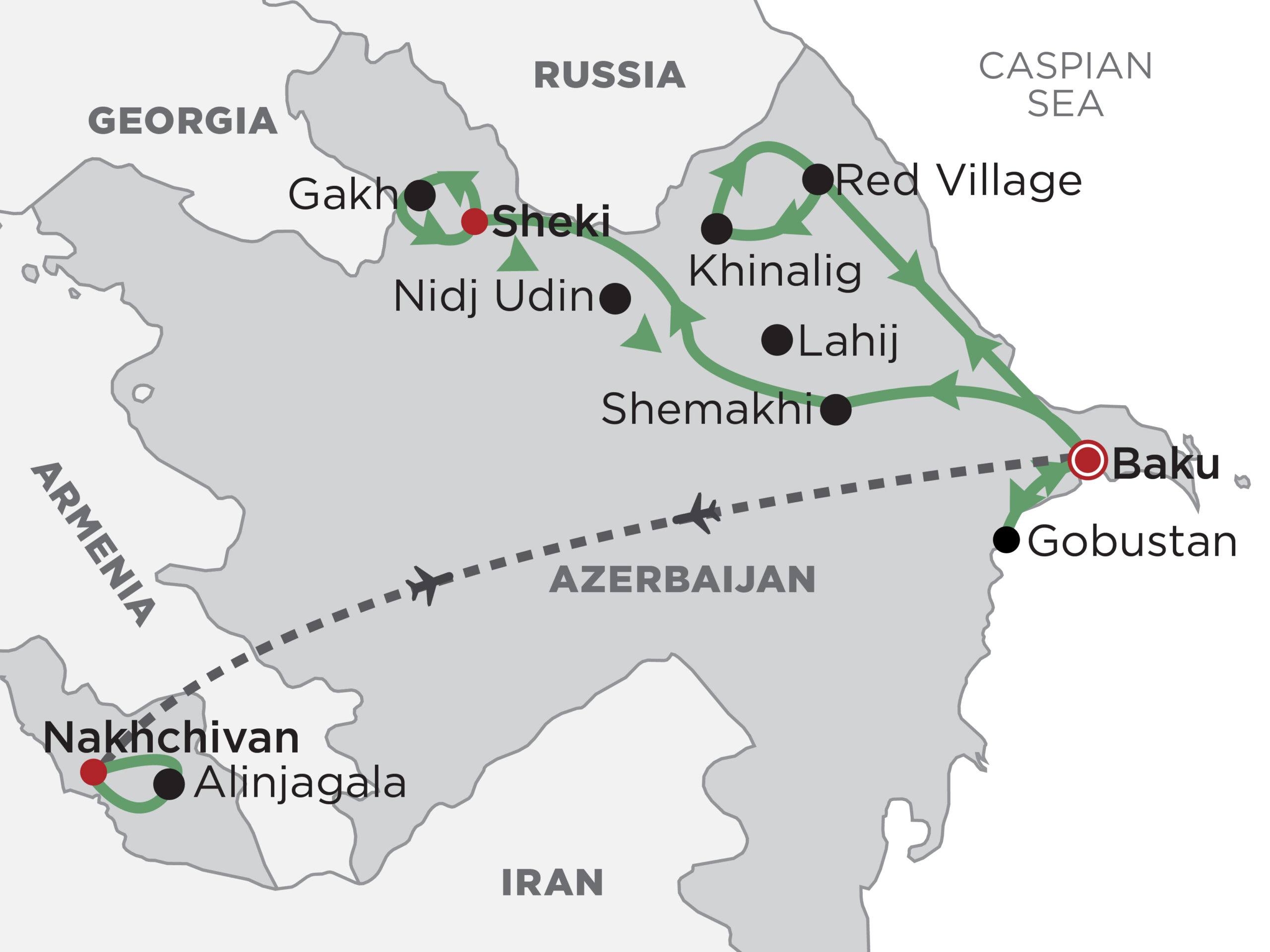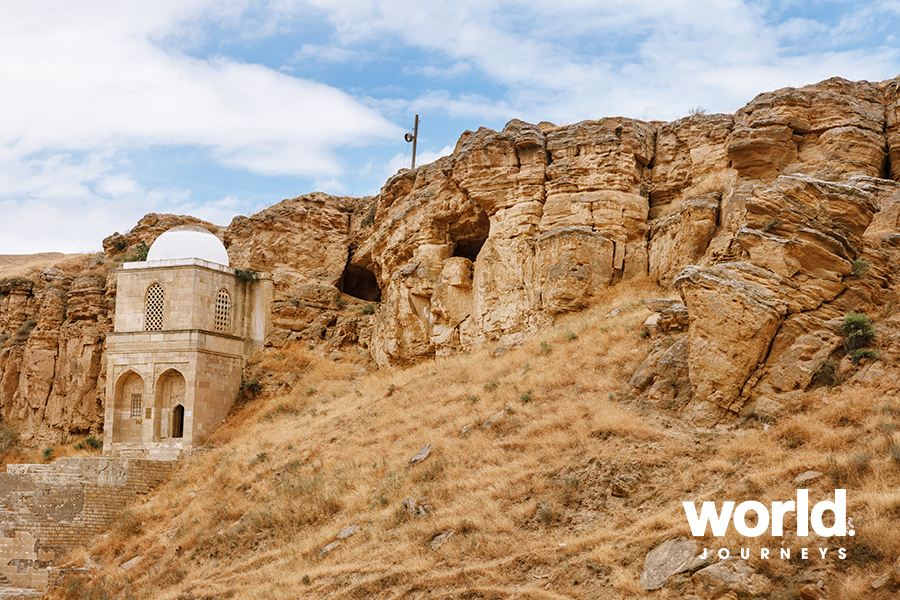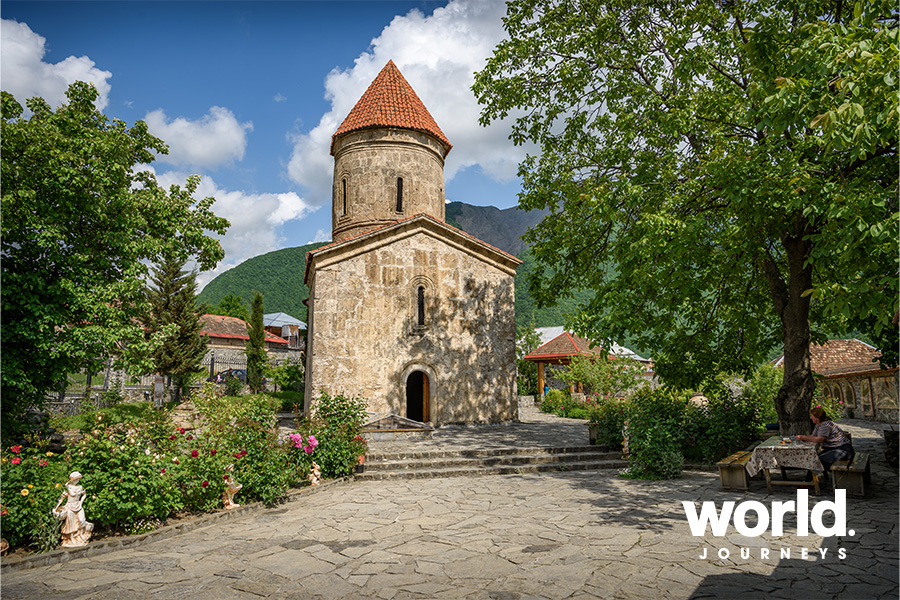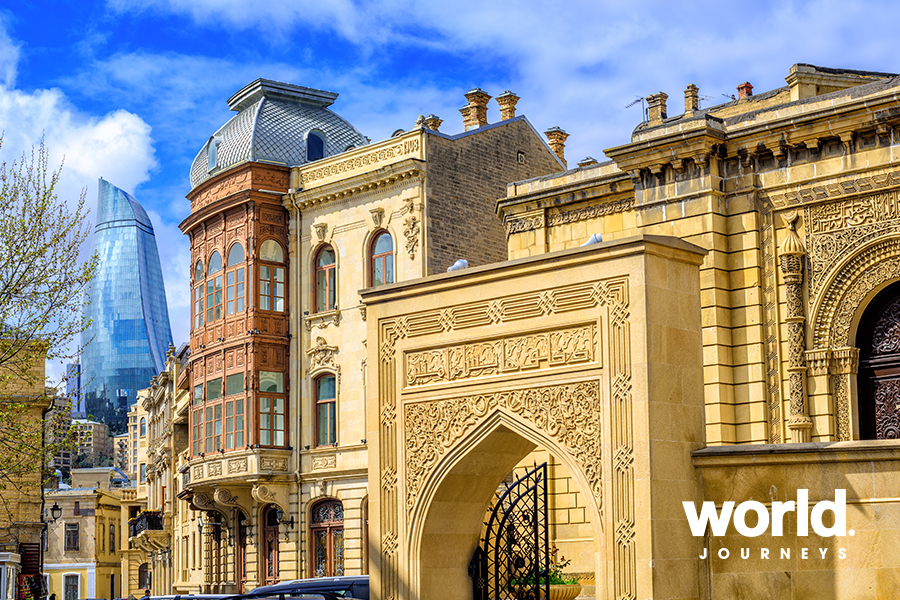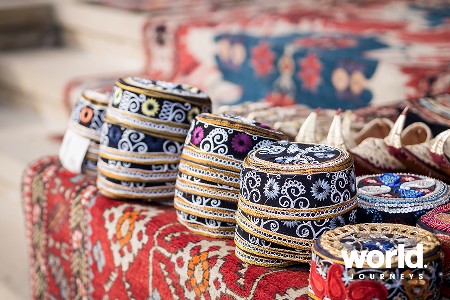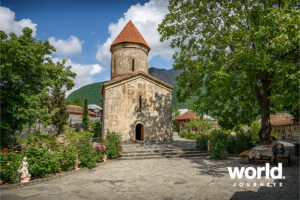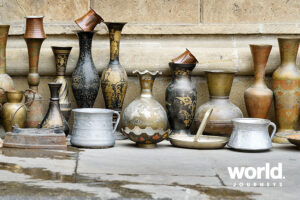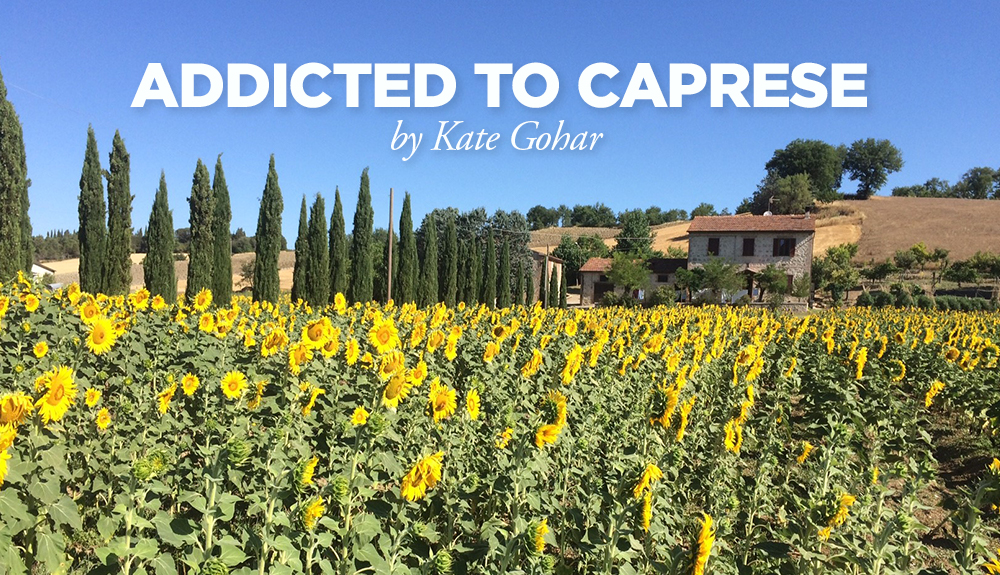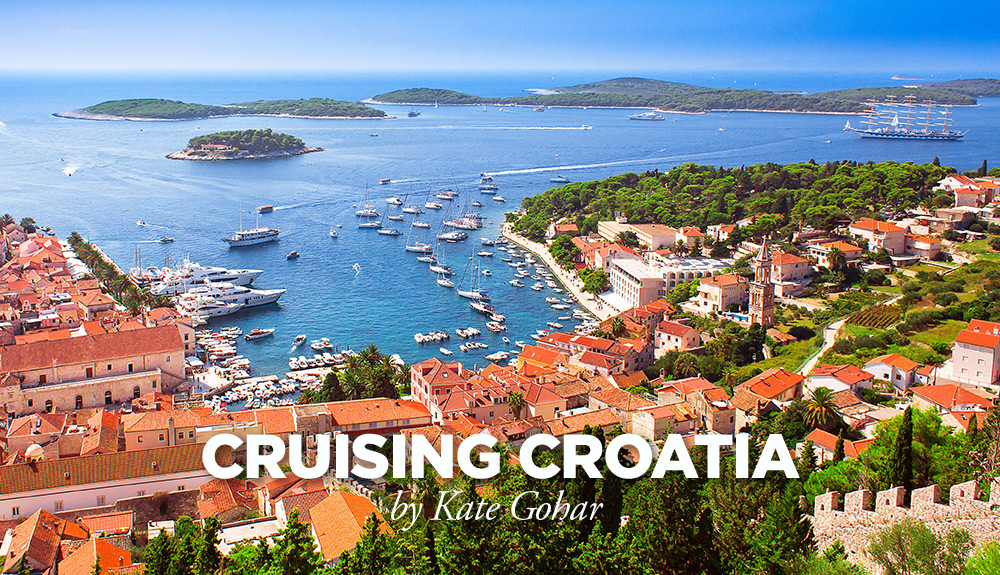History and Culture of Azerbaijan
• Baku • Gobustan Rock Art Cultural Landscape • Silk Road • Nidj Udin • Alinjagala • Khinalig
| PRICE FROM | DURATION | |
|---|---|---|
|
NZD
$7,500
|
Days
10
|
Nights
9
|
| PRICE FROM | DURATION | |
|---|---|---|
|
NZD
$7,500
|
Days
10
|
Nights
9
|
Introduction
Explore Azerbaijan in depth on this 10 day independent journey.
See the futuristic buildings of modern Baku jostling with medieval palaces in the Old City, wonder at the Mesolithic cave paintings of the Gobustan Rock Art Cultural Landscape and explore the rich trade heritage of the Silk Road. Other highlights include visiting Nidj Udin village to explore the unique traditions and culture of this tiny ethnic minority, the tomb of Noah, the stunning defence fortress of Alinjagala and Khinalig, the most remote village in the country.
Itinerary
Day 1 : Baku
On arrival you will be met and transferred to your hotel. At leisure this evening.
Day 2 : Baku & Gobustan Rock Art Cultural Landscape
Meet your guide after breakfast to visit the Old City. Start at the gates of Baku Fortress before heading to the legendary Zoroastrian Maiden Tower. Visit the Haji Banu Hamam, now a gift shop, a favoured meeting place for tired travellers and merchants since the 15th century. See the Juma Mosque (exterior only), as well as the Shirvanshahs’ Palace, a striking example of a medieval palace.
After lunch visit the Gobustan Museum which has a fascinating collection of bones and work tools from the Mesolithic Period. Head out into the open air museum of the Gobustan Rock Art Cultural Landscape. This plateau of rocky boulders rising out of the semi-desert has a collection of more than 6,000 rock engravings going back 40,000 years. The site also features the remains of inhabited caves, settlements and burials, all reflecting an intensive human use by the inhabitants of the area during the wet period that followed the last Ice Age, from the Upper Paleolithic to the Middle Ages. The site, which covers an area of 537 ha, is part of the larger protected Gobustan Reservation. You will also get a chance to marvel at the mud volcanoes in the Gobustan Reserve, which is home to almost half of the world’s mud volcanoes.
Day 3 : Baku > Shemakhi > Sheki
Travel by road to Shemakhi, with its rich heritage that has provided the backdrop to major political events throughout much of its two millennia of existence. In its history eleven major earthquakes have rocked Shamakhi, but through multiple reconstructions it maintained its role as the economic and administrative capital of Shirvan and one of the key towns on the Silk Road. The only building to have survived eight of the eleven earthquakes is the landmark Juma Mosque, built in the 10th century. Continue to the Yeddi Gumbez ‘Seven Tombs’, where only three of the octagonal royal tombs remain reasonably complete.
After lunch drive to Sheki, one of the most ancient settlements and cultural centres of Azerbaijan, now a UNESCO World Heritage site. Situated 2,300 feet above sea level, like an amphitheatre surrounded by mountains and forests of oak trees, Sheki rises above fertile pastures and fields. During its history the town has been devastated numerous times, but the brick houses, shaded streets, weeping willow trees, and canals carrying spring water bely its turbulent past.
Day 4 : Sheki > Gakh > Sheki
Drive to picturesque Gakh this morning. The small, stone-built village of Ilisu is set in the beautiful Qaracay Valley, nicknamed Gakh’s ‘mini-Switzerland’. It is located amid dense woods at the foot of the Caucasus mountains, under Mt. Ahvay. The road itself is very scenic both for the landscape and for a 16th century bridge 2km out of the village itself. Ilisu is a small place, with two modest castle tower ruins and an unusual mosque. The village is a fascinating place to wander and makes a great base for hikes towards the nearby mountains and waterfalls of the Ilisu Nature Reserve.
Return to Sheki in the afternoon and on to the village of Kish with the oldest church in the Caucasus dating from the first century. You will have time to wander and explore independently before returning to Sheki.
Day 5 : Sheki > Nidj Udin > Lahij > Baku
Visit Nidj Udin village in Gabala with its unique architectural monument – Udin Temple. The Udins are a special minority ethnic group considered to be descendants of Albanians (fewer than 10,000 left). They have preserved their traditions, language, and spiritual culture while the temple has only recently been restored. The restored temple was constructed in the17th – 18th centuries on the site of an ancient Albanian church which had been built by Saint Eliseus – the present-day temple has been named after him.
In the afternoon visit Lahij, located in the foothills of the Greater Caucasus Mountains, a beautiful corner of Azerbaijan boasting rivers, lakes and waterfalls. Lahij is inhabited by hereditary braziers, tanners, engravers, potters, and blacksmiths, metal and wood carvers, all masters of their craft.
Day 6 : Baku > Nakhchivan
Meet your guide and start at the local bazaar. Like many Middle Eastern cultures, the bazaar is the place where the best seasonal and fresh local produce is offered. Visit the 12th century Ramana Tower built for defense and used as a castle during the Shirvanshahs’ reign. Take one of two staircases up onto the tower walls to overlook Ramana Village. Continue to the historic Quadrangular castle of Mardakan with its inner courtyard and observation tower.
Later this afternoon visit the Baku Fire Temple, known locally as the Atashgah. This castle-like Hindu temple and monastery complex in Surakhani is no longer used as a place of worship. Finish the day by visiting Yanardagh, the Burning Mountain on the Absheron Peninsula. YanarDag is a natural gas fire which blazes continuously on a hillside – flames jet out into the air 3 metres from a thin, porous sandstone layer. This evening fly to Nakhchivan, the Azeri enclave nestled up against Türkiye. Known as the land of Noah, it shares no land border with Azerbaijan and the only access is by air. Transfer to your hotel on arrival.
Day 7 : Nakhchivan & Garabaghlar
This morning start the day by visiting the Mausoleum of Noah. It is believed Noah’s grave is in Kohnagala (old fortress) here. Now a Pir, or place of worship, large-scale archaeological excavations have been carried out here in recent years. Continue to the XII century Momina Khatun Monument and Yusif Ibn Kuseyir Tomb. Next stop at Khan’s House. This house, built in keeping with the Eastern architectural style of the 18th and 19th centuries, was a home of the Nakhchivan ruler Rahim Khan. The house has a basement and eight large rooms with a spectacular view of the town.
In the afternoon travel to Garabaghlar village and the unique asthma and bronchitis treatment centre of the Duzdagh Salt mines.
Day 8 : Nakhchivan > Alinjagala > Nakhchivan > Baku
Today visit the mountain fortress of Alinjagala, known as Azerbaijan’s Machu Picchu. During Turko- Mongolian conqueror Timur’s attack to Nakhchivan in 1386-1399 the fortress served as a headquarters for the ruling Atabayler dynasty. It withstood occupation through the entire 14 years of siege. Continue to Ordubad, an ancient Azerbaijan and Caucasus city which was one of the most important trade cities, with caravans passing from China, Europe and India. Also visit Ashabu – Kahf Caves (known as ‘The companions of the cave’ based on an old Greek legend ‘Seven sleepers of Ephesus’). Return to Nakhchivan and later this evening fly back to Baku for overnight.
Day 9 : Baku > Khinalig > Red Village > Baku
Khinalig (Xinaliq) is the highest, most isolated village in Azerbaijan and amongst the oldest continuously inhabited places in the world. You will have an opportunity to explore the lifestyle of this remote community before continuing to Krasnaya Slobada (Red Village) which is one of the last strongholds of Mountain Jews in Caucasus. This is the largest completely Jewish town in the world outside of Israel. Long before the holocaust and subsequent creation of the free state of Israel, disenfranchised Jews along the shores of the Caspian Sea fought for, and succeeded in, the establishment of a protected settlement where they could live and thrive free of persecution. Not long after the settlement began, an official status was formally proposed as the state of Yevreiskaya Sloboda, or Jewish Town, and the Khan of Guba granted the town protected status, allowing the continued organization and settlement of Jewish citizens in large numbers without fear of discrimination, retribution, or clashes with neighbouring towns and states.
Day 10 : Baku
Transfer to the airport for your onward flight.
Need Help?
Pricing
Pricing (per person), NZD
TYPE |
TWIN from |
SINGLE from |
|---|---|---|
|
2026 |
||
|
4-star |
||
|
01 Jan – 31 Dec |
NZ$7,500 |
NZ$11,660 |
|
5-star |
||
| 01 Jan – 31 Dec |
NZ$7,815 |
NZ$12,295 |
2026
4-star
01 Jan – 31 Dec
Twin from: $7500
Single from: $11660
5-star
01 Jan – 31 Dec
Twin from: $7815
Single from: $12295
Departs
| Daily, year-round |
Type of Journey
Tailor-made journey: This itinerary can be tailor-made, with the number of days, places visited, and activities varied to suit you.
Included
- 9 nights’ accommodation in your category of choice
- 9 breakfasts
- Meet & Greet at all airports
- Private transfers as per the itinerary
- English-speaking local guides
- Private sightseeing as per the itinerary
- Entrance fees as per the itinerary
- Economy class flight Baku > Nakhchivan > Baku
Not Included
- Gratuities
Important Notes
- Pricing varies due to fluctuations in exchange rates; please contact us for current pricing or other changes
- Surcharges may apply during events, festivals, public/religious holidays, or other high-demand dates
- The price of the included flights are subject to change
- Accommodations in Nakhchivan and Sheki are best available
Please refer to World Journeys terms & conditions

